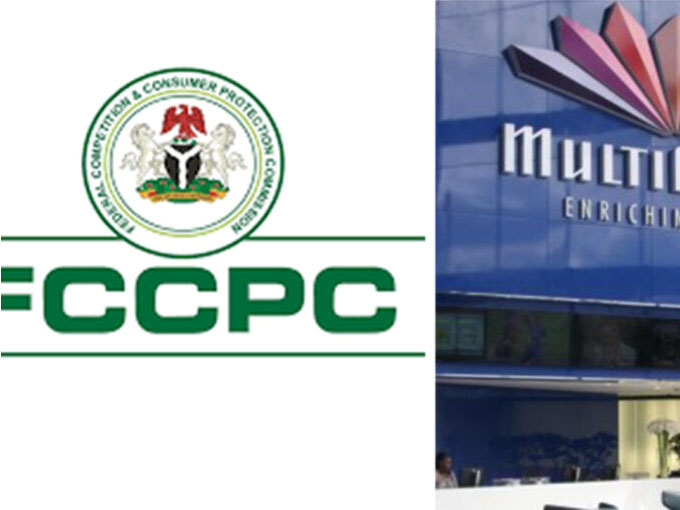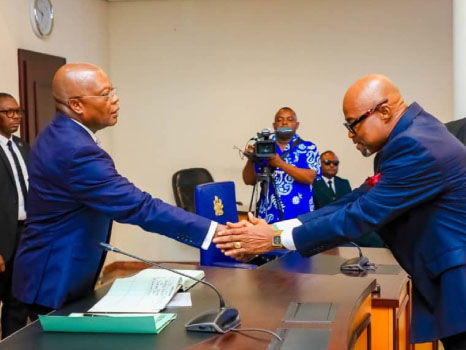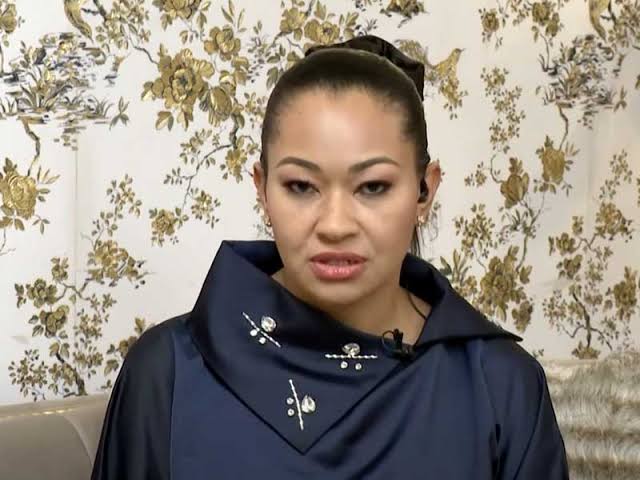In a legal battle over service price increases, Justice James Omotosho of the Federal High Court in Abuja has scheduled May 8 as the date for delivering a verdict in the case between MultiChoice Nigeria Limited and the Federal Competition and Consumer Protection Commission (FCCPC). The decision came after both parties’ legal representatives presented their arguments and adopted their written submissions.
The court had previously issued a restraining order preventing the FCCPC from taking any administrative actions against MultiChoice following price hikes for its DStv and GOtv brands. This order stemmed from MultiChoice’s request for judicial protection against potential sanctions by the FCCPC.
During the proceedings, the court approved the FCCPC’s request for more time to formalize its processes and permitted MultiChoice to withdraw its now-obsolete application for an interlocutory injunction.
MultiChoice’s lead counsel, Onigbanjo, argued that the central issue is whether the FCCPC has the authority to dictate the prices at which MultiChoice offers its services. While recognizing the FCCPC’s regulatory role, Onigbanjo contended that the FCCPC Act does not grant it the power to control prices or block price increases by MultiChoice or any entity. He noted that a prior tribunal ruling between the two parties had already determined that the FCCPC lacks authority to regulate prices, a power reserved solely for the President of Nigeria.
Onigbanjo further highlighted that even the President, who holds price regulation authority, has emphasized a market-driven approach over price controls, relying on supply and demand dynamics. He questioned the FCCPC’s basis for restricting MultiChoice’s price adjustments if it lacks price-control powers. MultiChoice also accused the FCCPC of selective enforcement, pointing out that other businesses have raised prices amid inflation and economic pressures without facing similar scrutiny. Onigbanjo urged the court to grant MultiChoice’s requested reliefs.
In response, FCCPC’s lead counsel, Professor Joe Agbugu, SAN, asked the court to focus on the root issue: the DStv and GOtv price increases. He explained that after MultiChoice announced a price hike effective March 1, 2025, the FCCPC contacted the company on February 25, summoning it to appear on February 27. MultiChoice requested a delay until March 6, prompting the FCCPC to ask it to pause the price increase in the meantime.
Agbugu clarified that the dispute was not about price regulation or fixing but about the FCCPC’s authority to investigate potentially exploitative pricing and abuse of market dominance. He argued that the FCCPC’s establishing statute empowers it to address exorbitant pricing and protect consumers from dominant players like MultiChoice, a major force in the television and entertainment sector. “The Commission isn’t dictating specific prices but ensuring they aren’t exploitative,” Agbugu said, accusing MultiChoice of avoiding investigation.
Addressing the discrimination claim, Agbugu asserted that MultiChoice’s dominant market position justified scrutiny over excessive pricing. He urged the court to dismiss the suit, arguing it undermines the FCCPC’s consumer protection mandate, and requested that MultiChoice be sent back for investigation.
Justice Omotosho concluded the session by reserving judgment for May 8, leaving the outcome of this pricing dispute pending.












